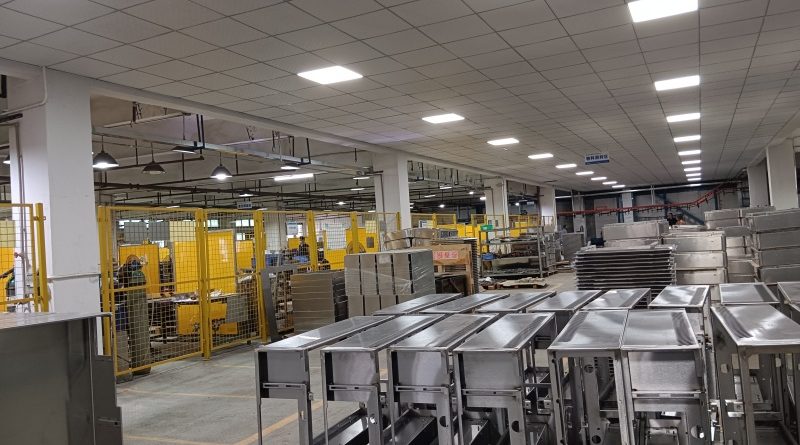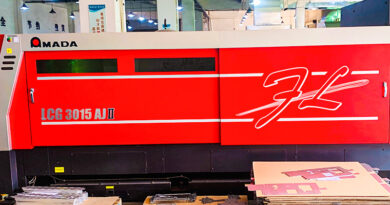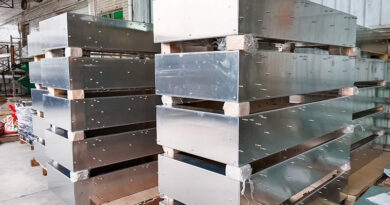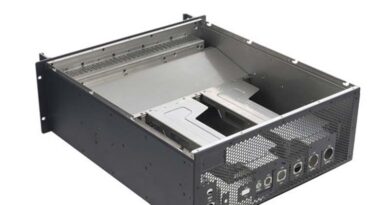What is the difference between aluminum and steel enclosures?
Aluminum and steel enclosures differ in several key areas, including material properties, weight, strength, corrosion resistance, and cost. Here’s a comparison:
1. Material Properties
Aluminum: Aluminum is a lightweight metal with good corrosion resistance and conductivity. It has a lower density than steel, which makes aluminum enclosures lighter.
Steel: Steel is a stronger and more durable metal but also denser and heavier. It can withstand higher mechanical stress and is often used where strength is a primary concern.
2. Weight
Aluminum Enclosures: Lighter, making them easier to handle and install. This is particularly beneficial for portable equipment or where weight is a concern.
Steel Enclosures: Heavier, providing more stability in fixed installations and environments where robustness is required.
3. Strength
Aluminum Enclosures: While aluminum is strong relative to its weight, it is not as strong as steel. Aluminum enclosures are generally more prone to dents and deformation under stress.
Steel Enclosures: Steel is much stronger and more rigid, offering greater resistance to impact, bending, and other mechanical stresses.
4. Corrosion Resistance
Aluminum Enclosures: Naturally corrosion-resistant due to the formation of a protective oxide layer. This makes aluminum a good choice for outdoor or marine environments.
Steel Enclosures: Steel is prone to rust, particularly if it’s carbon steel. However, stainless steel or galvanized steel enclosures offer enhanced corrosion resistance. Proper coatings, like powder coating, can also protect steel.
5. Thermal Conductivity
Aluminum Enclosures: Aluminum has higher thermal conductivity, meaning it dissipates heat more effectively than steel. This can be important in applications where heat dissipation is crucial, such as in electronics.
Steel Enclosures: Steel has lower thermal conductivity, making it less effective at dissipating heat.
6. Cost
Aluminum Enclosures: Generally more expensive than steel, especially when considering the cost of raw material and processing.
Steel Enclosures: More cost-effective than aluminum, particularly for large enclosures or where high strength is required.
7. Aesthetic and Finish
Aluminum Enclosures: Aluminum can be anodized, providing a durable and attractive finish. The natural color of aluminum is also appealing in some applications.
Steel Enclosures: Steel can be painted or powder-coated in various colors and finishes. Stainless steel can have a polished or brushed finish, offering a sleek look.
8. Applications
Aluminum Enclosures: Preferred for applications where weight, corrosion resistance, and heat dissipation are critical, such as in aerospace, electronics, and marine environments.
Steel Enclosures: Ideal for industrial settings, construction, and applications requiring heavy-duty protection and structural integrity.
Summary:
Aluminum is lighter, more corrosion-resistant, and better at dissipating heat, making it ideal for lighter-duty or corrosive environments.
Steel is stronger, more durable, and generally more cost-effective, making it suitable for heavy-duty applications requiring high strength and impact resistance.
Click sheet metal fabrication company china or china sheet metal forming manufacturers to learn more about sheet metal fabrication services.
For all your electrical enclosures from China, contact Sheet Metal Fabrication Companies in China JIATONG now.
From china metal enclosure manufacturers, china sheet metal manufacturing manufacturers – JIATONG




